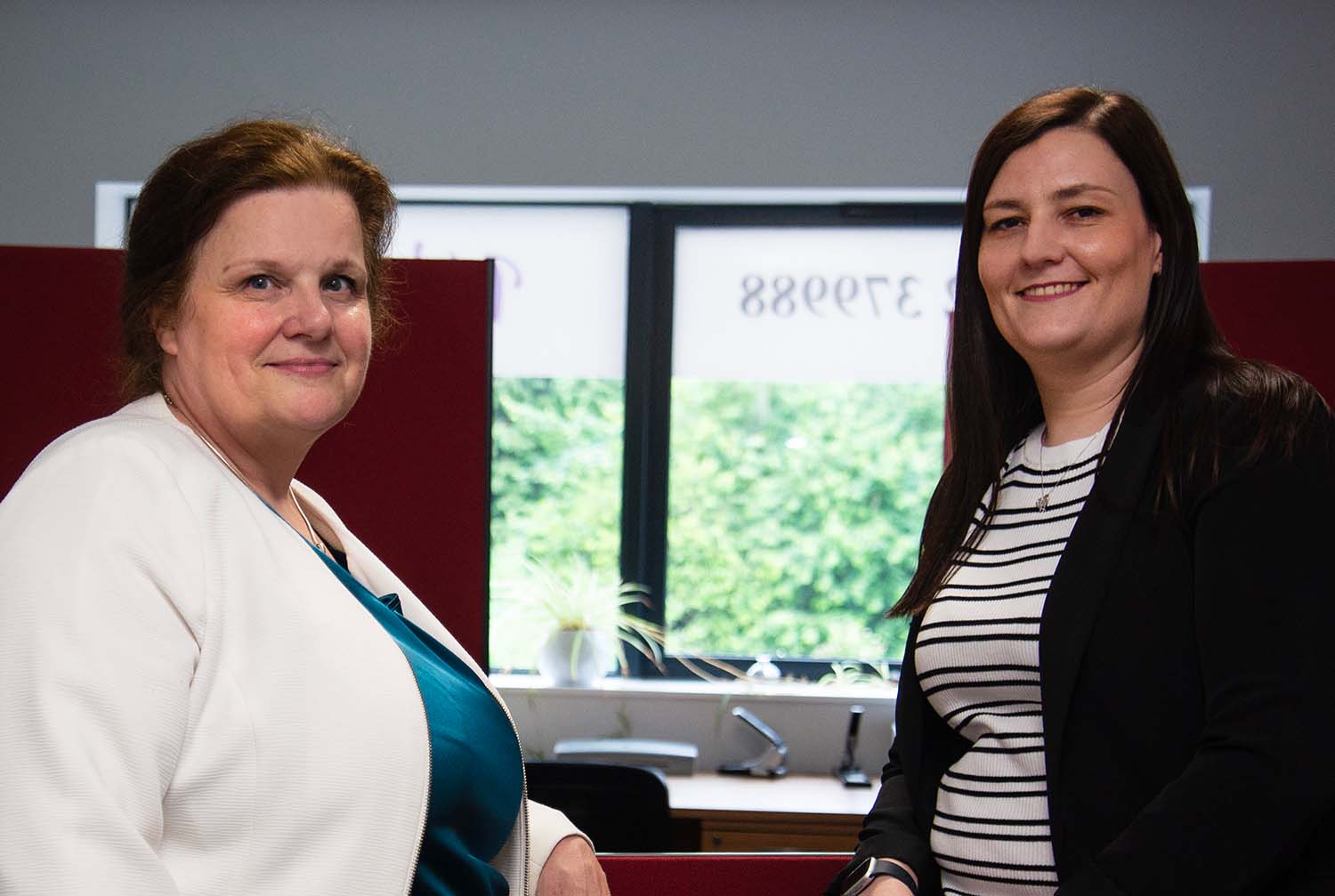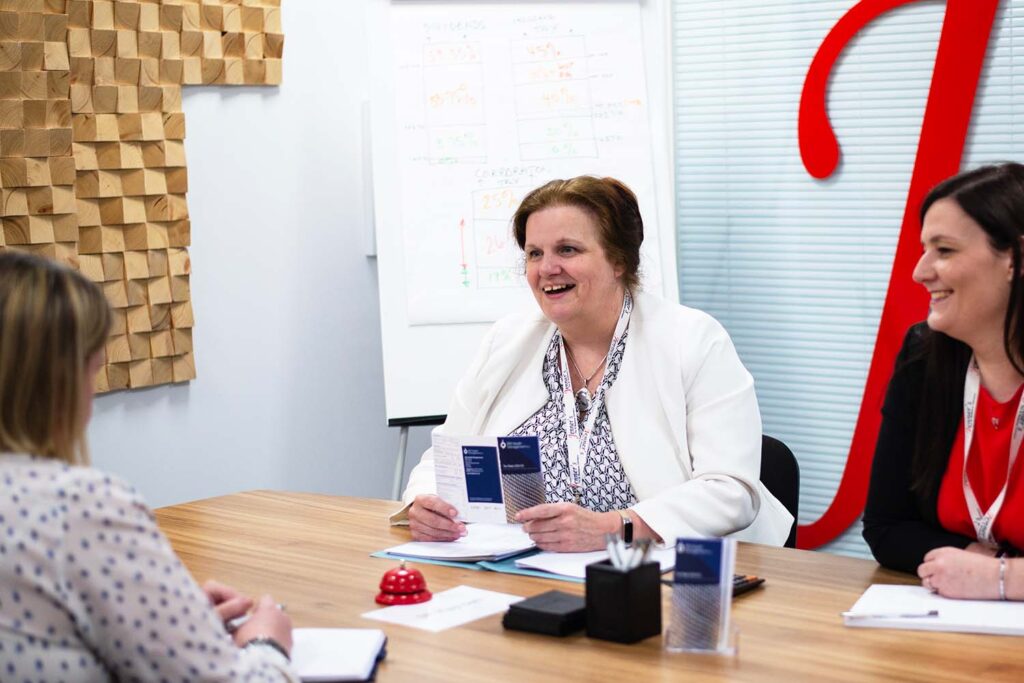Helping you stay compliant, save tax & build a stronger business



Stay on top of subcontractor payments, CIS obligations, and contract profitability.
Minimise personal tax liability, stay compliant, and keep more of what you earn.
Get accurate records, VAT submissions, payroll support, and financial clarity – without the stress.
At Jenner’s Tax & Business Advisers, we don’t just do the numbers – we help you make sense of them. Whether it’s managing compliance, cutting tax bills, or keeping your records accurate, we take care of the financial side so you can focus on growing your business.


Essentials package
This package suits very small business’, below the VAT threshold, small subcontractors.
Full Package
This package suits VAT Registered businesses with turnover up to £1M per annum.
Premium package
This package suits larger companies with more than 10 employees, turnover above £1M per annum.



We don’t just crunch numbers—we solve problems before they happen.